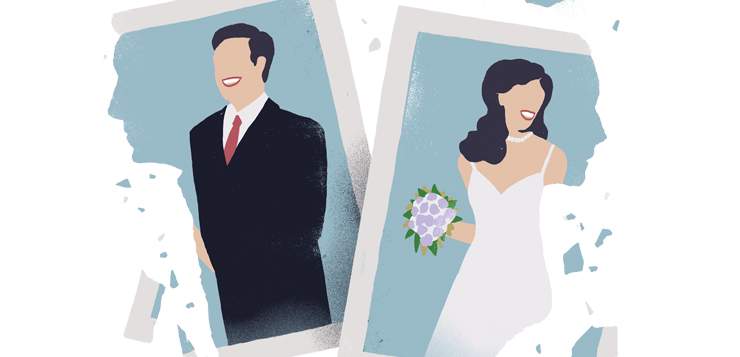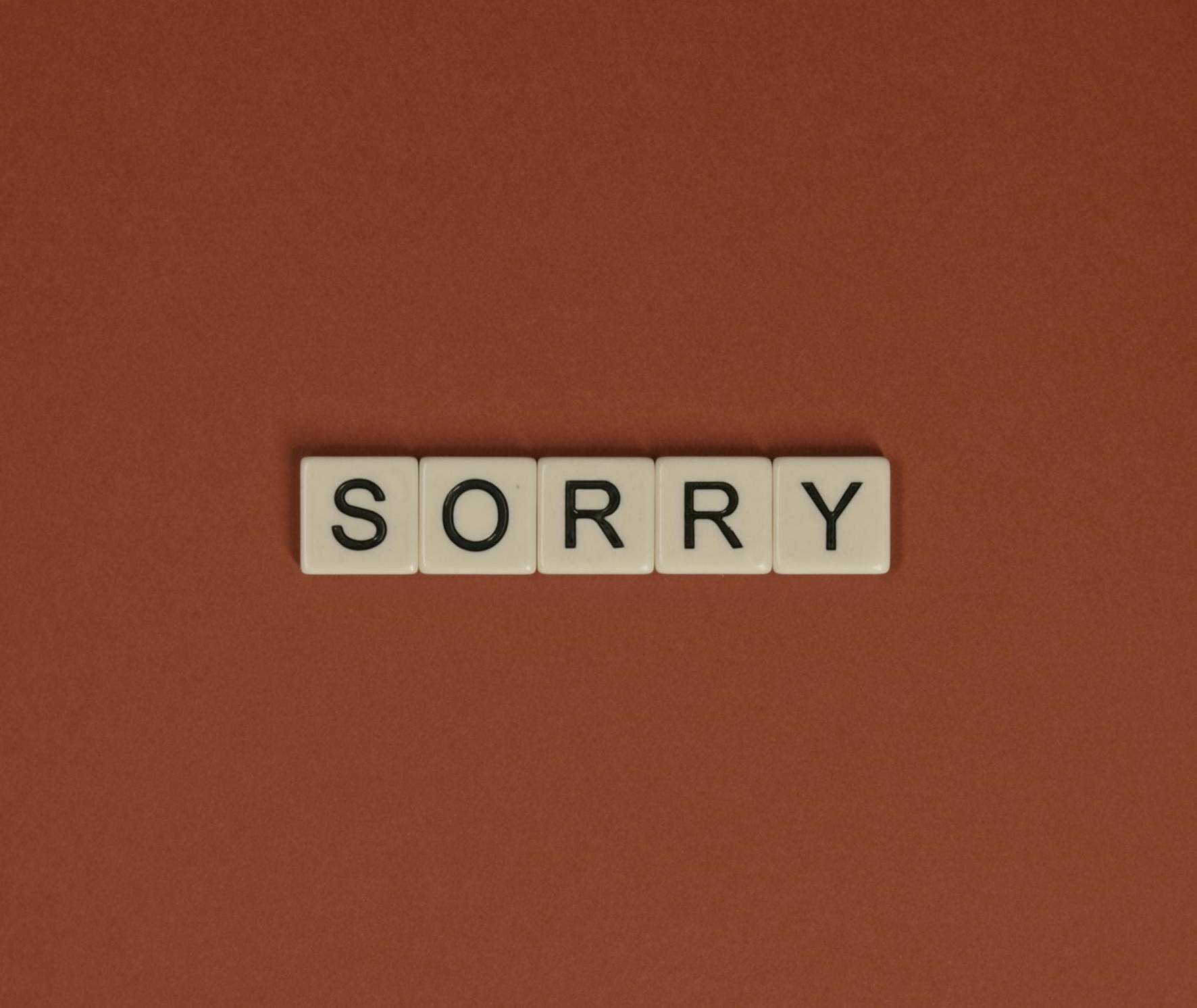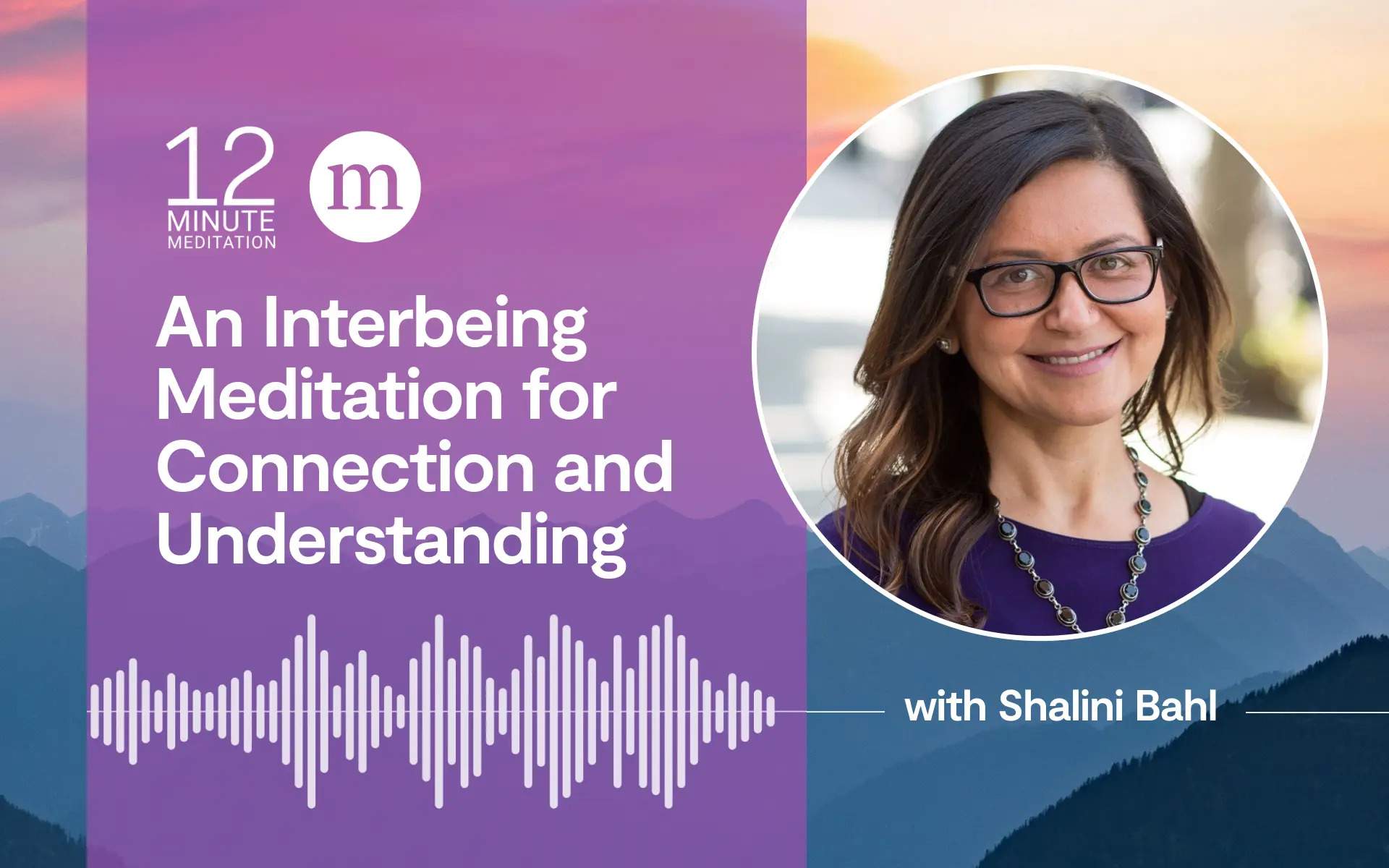I was never one of those girls who dreamed of my wedding day. I was an independent tomboy who spent my time wrangling horses and existential angst. As a young woman I called marriage “The M Word.” Then I walked into a play reading and an incorrigible green-eyed actor took one look at me and proclaimed to his friend “I’m going to marry that woman.” A year later we eloped in Greece.
Our spontaneous wedding was blessed by the generosity of strangers—after all, who doesn’t adore a good love story? And those Greeks know how to party. The Zorba-like resort owner invited the whole village for a roast lamb feast, the cook’s flute sang alongside the blacksmith’s bouzouki, and a visiting BBC camera crew offered to video our vows. The wedding of a lifetime, held at sunset on a cliff overlooking the Aegean Sea, cost us young lovers three barrels of Retsina.
We were treated like royalty, so it was fitting that the climax of the Greek Orthodox ceremony is when wedding crowns—two beaded circlets with a ribbon attaching them—are placed on the couple’s heads. Slowly, eyes never leaving each other, the bride and groom walk in a circle three times, symbolically stepping into their new life. So we circled, two joined as one by a long, white ribbon of hope and commitment.
And then we lived happily ever after.
Until we didn’t.
If I had never dreamed of my wedding day, I had certainly never imagined I’d face divorce. But three years later, there we were.
I didn’t want to hate, and I really didn’t want to feel indifferent. I wanted instead to find a way to forgive him, forgive myself, and celebrate what we had tried to do.
I will spare you the details of our unraveling: some good, some bad, and some ugly. I had loved my husband. He had loved me. Yet every love story has an ending as unique as its beginning. And even though we tried, oh how we tried, to make the marriage work, when it didn’t, my fear was that the love would morph into something harmful. Isn’t hate simply love wearing the jacket of hurt? Indifference leeching into the spaces where love used to play?
I didn’t want to hate, and I really didn’t want to feel indifferent. I wanted instead to find a way to forgive him, forgive myself, and celebrate what we had tried to do. But how? He’d fled to Montreal and avoided all contact and I, a broke post-doctoral fellow in San Francisco, had finally filed for a legal-aid divorce that cost no more than those three barrels of Retsina. By the time the papers came, those emotionless words witnessing our failure in black-and-white, I hadn’t seen him for a year. So why did it still hurt so badly?
When we pick up a hot coal it hurts our hand. Yet we hang on to old hurts, memories, and events and then we are puzzled when our heart keeps burning. Was my husband causing my pain from a thousand miles away, or was I the agent of my own suffering? And if I was, could I let go of the past in order to inhabit the present?
And so I invited the man who had helped me rewrite the M word to mean hope and possibility to meet me at the ocean’s edge once again.
To my amazement, despite the huge gulf between us, he accepted. Perhaps he too didn’t want faceless signatures to be our final act. It was vulnerable and poignant to see those green eyes again and wonder what they had been up to since they had last gazed upon me. We hugged. We talked a little, speaking words of regret and tentative forgiveness. Then I pulled some old photos and love letters from a backpack. We cried over the post-it-note he’d once left on my pillow that said, simply, “will you marry me?” Lastly, I produced our wedding crowns. There, together, with our toes touching the Pacific, a world away from the sea where we began, we cut the ribbon that had joined those crowns. We tossed the white circlets into the water and watched them unfurl. As our past gently sank out of view we saw a watery canvas on which each of us might write a new love story, one day. And we smiled.








